Krishna Tulsi and Ayurveda
March 23rd, 2007 | admin
Probably a Krishna Tulsi (also Krishna tulasi, Krishna Thulasi) is the most revered and adored plant in Hinduism. Every Hindu family has at least a tulsi plant in their courtyard, usually in a raised platform just before the entrance to the house. It is the favorite plant of Lord Vishnu and is associated with Lord Krishna.
There is a variety of tulsi plants, but only Krishna tulsi (ocimum sanctum) gets a special reverence by Hindu families of India. The same species, Ocimum Sanctum, has two varieties – one with green leaves – Rama Tulsi and one with deep purple leaves – Krishna Tulsi. Though only Krishna Tulsi is held with reverence, both have the same medicinal properties.
Apart from the religious auspiciousness, Krishna Tulsi is connected to Ayurveda because of the different medicinal properties of this herb. It is because of the medicinal benefits that you can find at least a tulsi plant in any courtyard in Kerala.
It is a first aid like tonic for common diseases like coughing. Almost all of Ayurvedic medicines for cough –syrups or capsules – have tulsi as a major component. Freshly plucked leaves are also a medicine for fever, common cold, etc. One can just chew the leaves. It is also the major ingredient of special medicinal coffee (it has no real coffee content). Water boiled with tulsi leaves and cooled is effective to bring down fever of children.
Tulsi is also used in treating respiratory disorders like bronchitis, asthma, influenza, etc. It contains other medicinal herbs and spices like cloves or pepper. Tulsi leaves, when taken with honey can expel kidney stones. It requires a balanced diet also, with a lot of green vegetables for complete effectiveness of the treatment.
A healthy person can chew four to six tulsi leaves a day. It brings several benefits like normal blood sugar levels, healthy heart, prevention of ulcers, higher levels of physical endurance, lowered blood cholesterol level and can even act as a stress buster. Recent scientific studies have brought to light the powers of Tulsi to act as an adaptogen. It lowers instances of production of adrenal hormones commonly associated with stress.
Tulsi leaves have mosquito and head lice repellent properties. They are also used in treatment for insect bites.
Do you still wonder why this biannual herb got so much of a place of reverence from people of India?




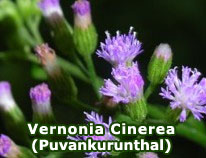
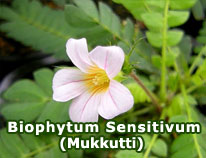
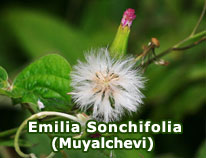

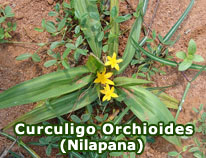
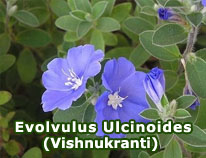
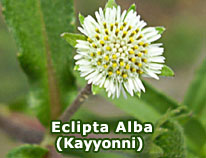


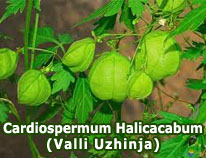
 Loading ...
Loading ...





